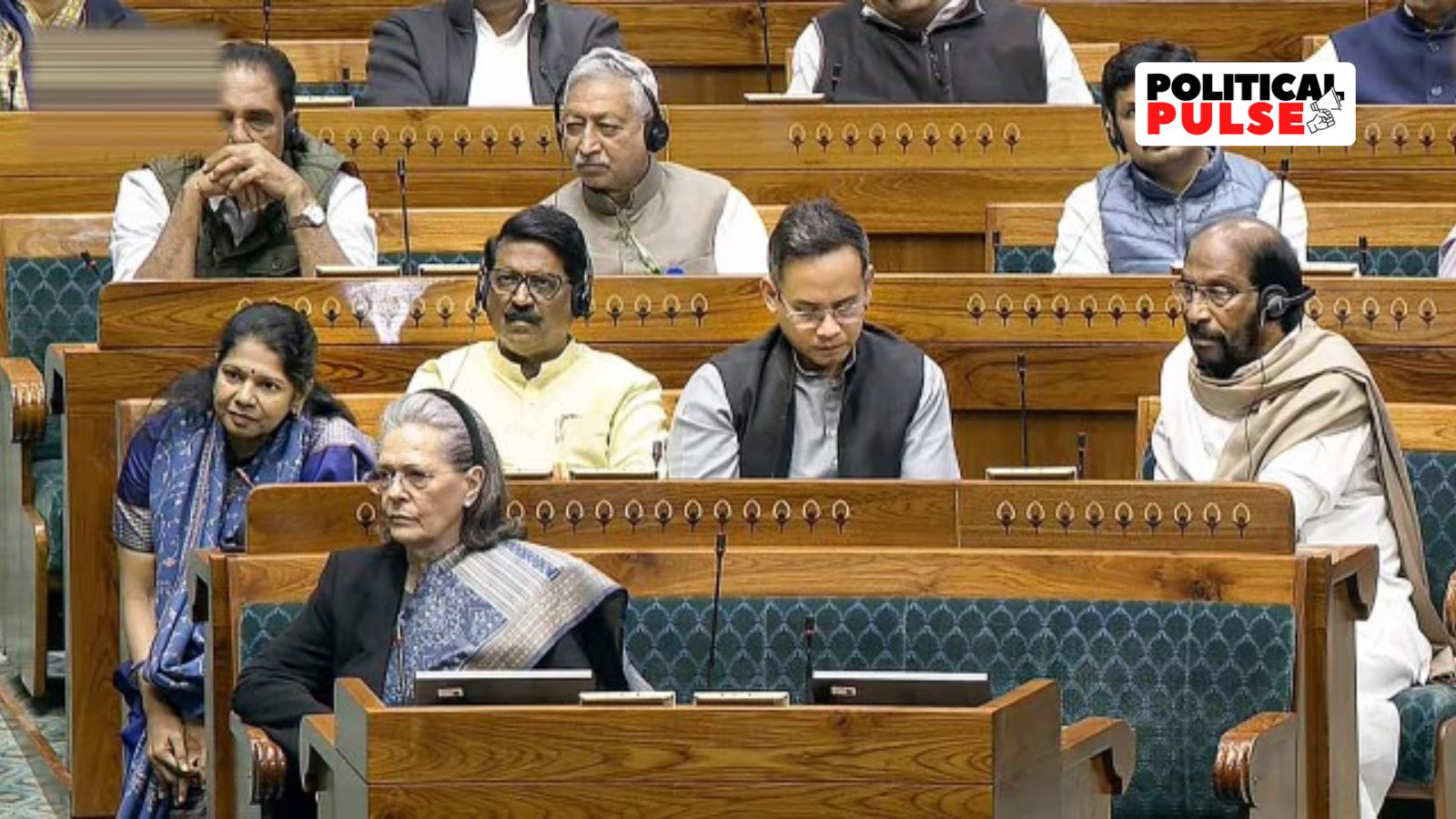 |
|
The recent political firestorm ignited by Sonia Gandhi's comments regarding President Droupadi Murmu has thrust the Congress party into a precarious position. Her seemingly casual and dismissive remarks, described in the article as referring to the President as a 'poor thing,' have provided the BJP with a potent weapon to attack the Congress's carefully cultivated image of social justice advocacy. This incident is particularly damaging given the Congress's ongoing efforts to reach out to Adivasi, Dalit, and backward class communities, a key demographic in Indian politics. The timing couldn't be worse, as Rahul Gandhi intensifies his outreach programs targeting these very groups. The incongruity between the party's stated goals and the perceived insensitivity of Sonia Gandhi's words creates a significant credibility gap, potentially undermining their broader political strategy.
The controversy stems from a series of speeches delivered by both Sonia and Rahul Gandhi, where they criticized the BJP government for allegedly excluding President Murmu and her predecessor, Ram Nath Kovind, from significant national events such as the inauguration of the new Parliament building and the Ram Temple consecration ceremony in Ayodhya. Rahul Gandhi consistently highlighted this perceived exclusion as evidence of the BJP's anti-Dalit and anti-tribal stance. He framed the absence of President Murmu, the first tribal woman president, from these ceremonies as a symbolic act of marginalization. The Congress party, therefore, presented itself as a champion of social justice, defending the rights and dignity of marginalized communities. However, Sonia Gandhi's seemingly offhand remark about the President's fatigue during a speech undermines this carefully constructed narrative. This presents a stark contrast between the party's public stance and the private actions of its leadership.
The BJP wasted no time in seizing upon this opportunity to counter the Congress's narrative. The party launched a scathing attack, portraying Sonia Gandhi's comments as a blatant insult to the President and, by extension, to the entire tribal community. This counter-offensive aims to dismantle the Congress's carefully constructed image and expose what the BJP frames as a hypocritical approach to social justice. The timing is strategically advantageous for the BJP, allowing them to shift the focus from their own alleged actions toward the perceived insensitivity of the Congress leadership. This also provides a welcome distraction from other controversies surrounding the BJP, such as Amit Shah's recent remarks about B.R. Ambedkar, which drew criticism from the opposition.
The situation is further complicated by the optics of the situation. The article highlights a photograph depicting the three members of the Gandhi family – Sonia, Rahul, and Priyanka – engaged in a seemingly casual conversation while discussing the President's speech. Rahul Gandhi's reportedly dismissive remark about the President's address as “boring,” coupled with Sonia Gandhi's comments, created a perception of nonchalance and disregard for the office of the President. This perceived lack of respect has exacerbated the controversy and fueled the BJP's criticism. The informal setting of the photograph, contrasting with the gravity of the subject matter, has amplified the negative impact of their comments. The Congress party now faces a difficult task of damage control, attempting to defend its leaders while simultaneously addressing the genuine concerns raised by its critics.
The incident underscores the complex dynamics of Indian politics and the delicate balance between political maneuvering and maintaining public image. The Congress party's attempt to build a strong narrative around social justice is now seriously compromised. The BJP's swift and effective counter-offensive has successfully shifted the narrative, forcing the Congress into a defensive position. The long-term consequences of this controversy remain to be seen, but it undoubtedly presents a significant setback for the Congress party's attempts to regain political momentum and establish itself as a credible voice for marginalized communities in India. The casual nature of the comments, particularly concerning the President, contrasts sharply with the party’s public image and positions, creating an opportunity for the BJP to exploit the perceived disconnect and inconsistencies within the Congress party’s messaging.
The incident also highlights the inherent risks of relying solely on a public image crafted through political messaging. The perception of hypocrisy, born out of a contrast between words and actions, can easily undermine even the most meticulously constructed political narrative. The BJP's success in turning the tables underscores the importance of consistency and authenticity in political messaging. The Congress now faces the challenge of repairing the damage to its image and restoring its credibility. This requires not just a strategic response to the BJP's attacks, but also a critical self-reflection on its internal communication strategies and public image management. The incident serves as a cautionary tale for other political parties, highlighting the potential for even seemingly minor gaffes to have significant and long-lasting political repercussions.
